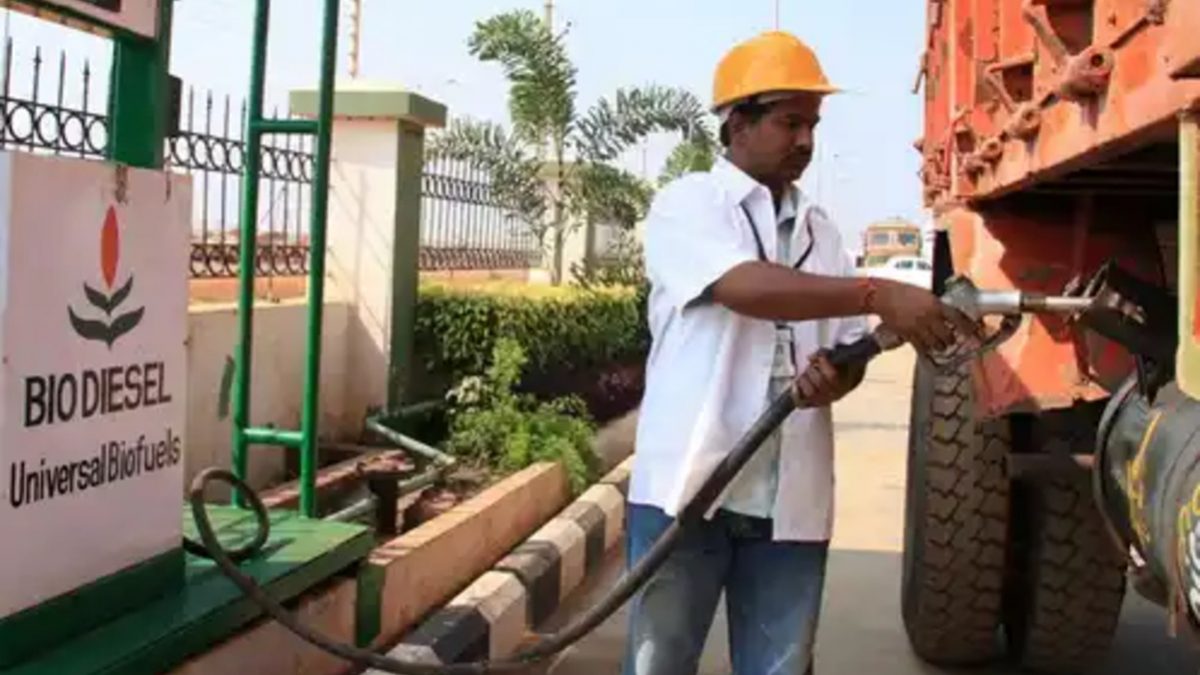India is set to launch 16 biomanufacturing hubs under its BioE3 policy to reduce import dependence and boost domestic production of key medicines, biofuels, and biofertilizers.
From critical drug ingredients to enzymes for biofuels and reagents for biofertilizers, the government is planning a major shift under its BioE3 policy. It aims to set up around 16 biomanufacturing hubs across India to cut dependence on imports and boost local production, The Indian Express reported.
Officials cited in the report said about 1,000 products have already been identified for indigenous manufacturing, with the list to be made public soon.
According to the report, the move builds on the push for domestic manufacturing that gathered pace after the Covid-19 pandemic, when performance-linked incentives were rolled out for drugmakers. While India has managed to scale up production of some medicines, fermentation-based products remain a challenge.
To tackle this gap, the hubs will house large fermenters of 500 to 1,000 litres, enabling production of not just medicines but also biofuels. “Creating these hubs helps pool the resources; meaning start-ups and small companies do not have to make big capital investments initially,” said a department official, requesting anonymity.
These hubs will also focus on scaling up innovations such as monoclonal antibody therapies, carbon capture technologies, and smart proteins for nutrition, helping them move from proof-of-concept to market-ready products.
The Department of Biotechnology has already supported six biofoundries that act as testing grounds for such projects. These are located at NABI in Mohali for sustainable food and nutrition, Tata Memorial Centre for new drugs, ICGEB in New Delhi for synthetic biology, THSTI in Faridabad for monoclonal antibody therapies, IPFT in Gurugram for biopesticides, and NCCS in Pune for enzymes and metabolites.
End of Article

)

